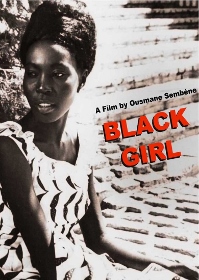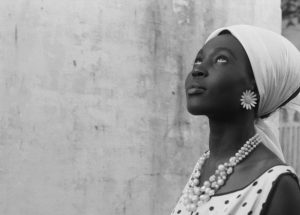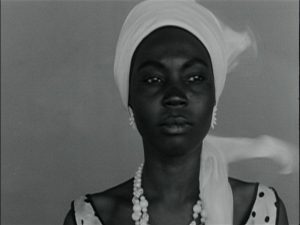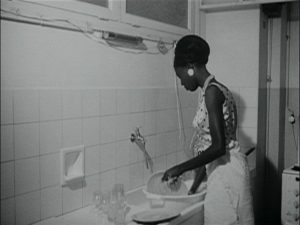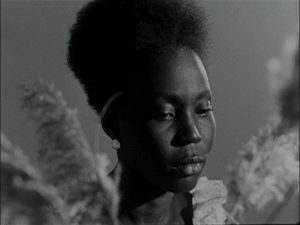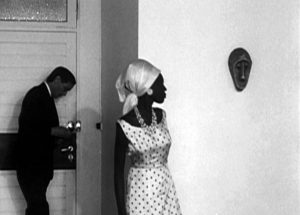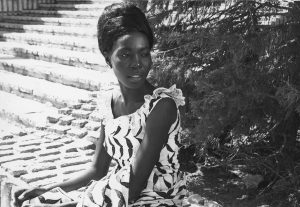BACK TO BLACK
Naïve and primitive in style, Ousmane Sembène’s 1966 feature debut Black Girl is a political statement regarding some of the aftereffects of French colonialism on Senegal. The simple, if not simplistic, story concerns a young African woman, Diouana (Mbissine Thérèse Diop), who is invited to France by a white family to take care of their children’”she thinks’”but ends up, to her great vexation, being treated like a common house maid.
Mr. Sembène’s aesthetic is clean and direct, so much so that the film reads more like an essay than a story. For most of its 65 minutes the movie is telling us what is happening’”much of it through Diouana’s voiceover’”as opposed to letting us discover its secrets. One limitation of this type of statement approach’”versus one that offers a suspenseful, nuanced plot and evolving characters’”is that it invites arguments that have nothing to do with that film’s artistic merits. Black Girl traps itself in the socio-political realities of its time and place. The viewer is told what to think, as opposed to being allowed to make his or her own conclusions. Artistically speaking this is an impurity; it’s film as politics.
And while there is something to be said for putting a brick through a window, a serious filmmaker, whatever his views, should have as his artistic goal the creation of something that has a life independent of his personal agenda. From this perspective Black Girl is a noteworthy document concerning the dynamics of a time and place, interesting, thought provoking, but ultimately limited.
photos © Janus Films
Black Girl
Janus Films presentation
in French and Senegalese with English subtitles
1966 | B&W | 65 minutes
plays BAMcinématek in New York through May 24, 2016
plays Cinefamily in Los Angeles beginning June 30, 2016
